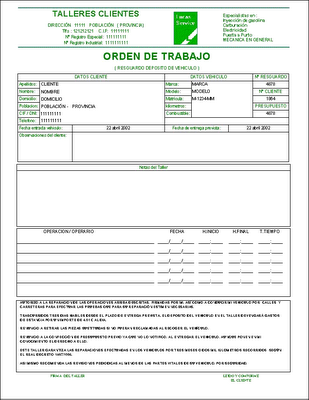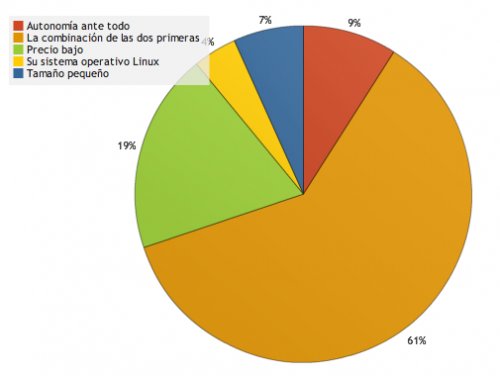 The term populism is generally used in the realm of politics. A government or party is said to be populist when its political strategy is based on proposals that are attractive to the people, but have a manipulative and demagogic component. In fact, the terms demagoguery and populism are normally used interchangeably, as both express the intention to attract the people with ideas that sound convincing but hide hidden interests. Populists have sometimes been said to give false solutions to real problems.
The term populism is generally used in the realm of politics. A government or party is said to be populist when its political strategy is based on proposals that are attractive to the people, but have a manipulative and demagogic component. In fact, the terms demagoguery and populism are normally used interchangeably, as both express the intention to attract the people with ideas that sound convincing but hide hidden interests. Populists have sometimes been said to give false solutions to real problems.
General features of populism
The concept of populism is timeless, since it is part of the political activity of any historical moment. On the other hand, populism is applicable to both the western and eastern tradition, a democratic system or a dictatorial regime, a left-wing or a right-wing tradition.
In any case, it is a way of doing politics based on propaganda, on the charisma of the leader and on the consideration that everything is done for the good of the people. In short, it is telling the people what they want to hear.
No political formation is declared openly populist, since this concept has a clear negative connotation. In fact, it is quite common for the term populism to be used as a throwing weapon, since normally the accusation of populist is directed at political rivals.
An ambiguous and complex term
All governments try to have the people on their side. Consequently, populism becomes a permanent temptation. A shrewd ruler knows that telling the truth can go against his personal interests as a leader and he also knows that certain rhetoric is attractive to the people even if it does not correspond to the reality of the facts. In the absence of conclusive proof of what is populism and what is not, we are facing a very ambiguous, imprecise and complex term. Somehow, the qualification of populism depends more on the manipulative intention of a government or a ruler than on the concrete political proposal.
Signs of populism
There are many ways to practice populism and some of them are worth remembering:
 - Affirming that something will be free for the people but not saying how it will be paid.
- Affirming that something will be free for the people but not saying how it will be paid.
- Present the leader surrounded by people who acclaim him and in favorable situations for his public image.
- Convey the idea that those who do not support the leader are unpatriotic.
- Exercise some control over the media.
- Attributing a bad social situation to alleged internal conspiracies or to the interests of foreign forces.
Photos: iStock - Leonardo Patrizi / ferrantraite









